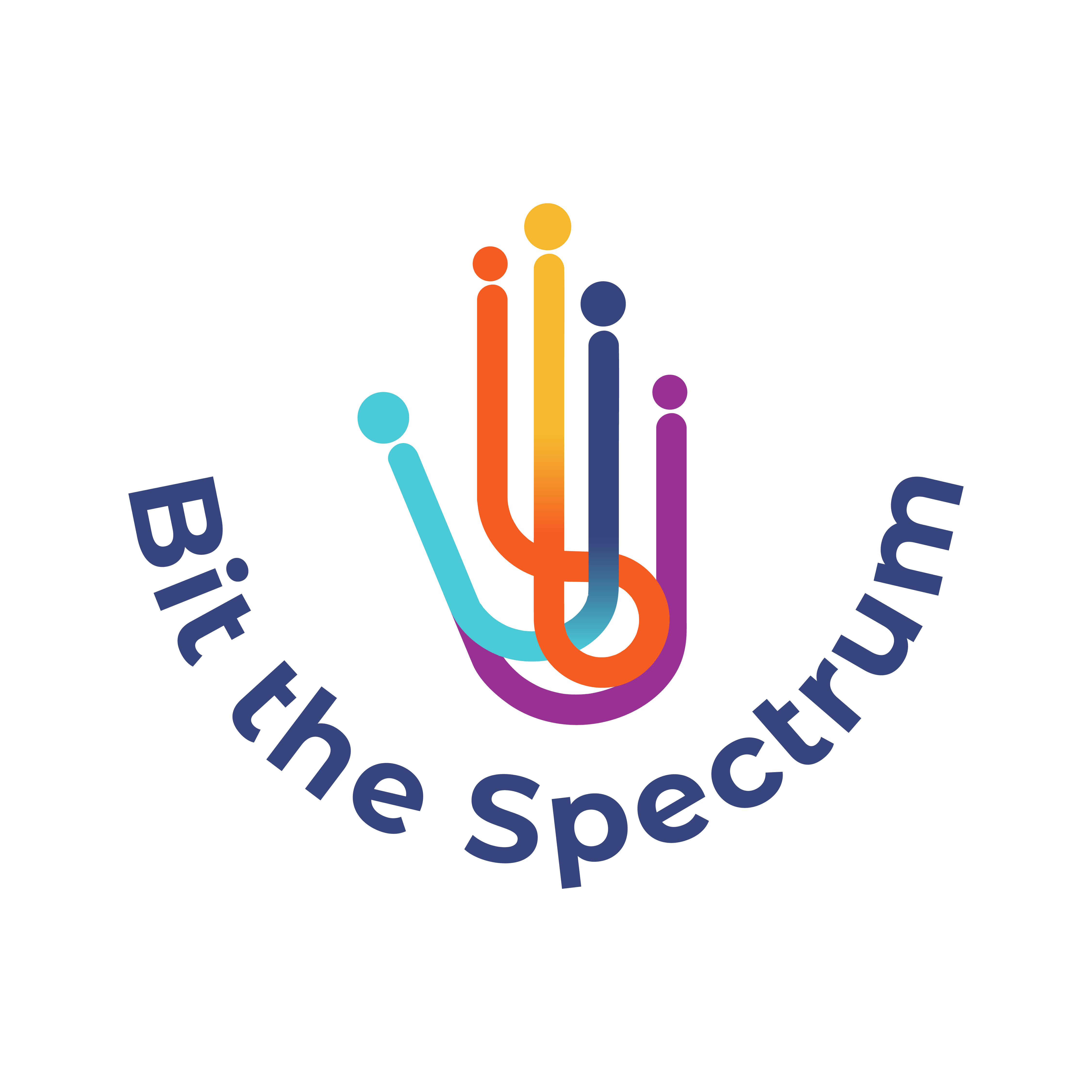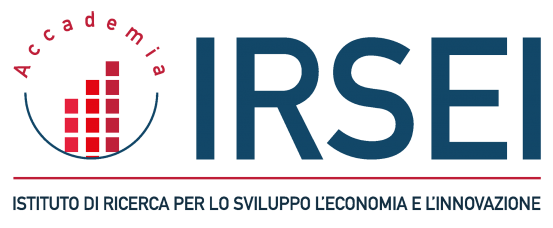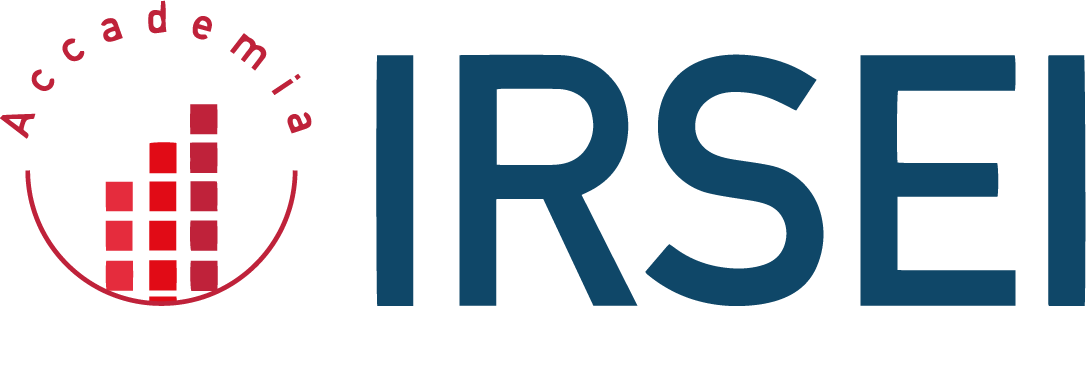Bit the spectrum- Augmented and Virtual Reality Technologies to Boost Literary and Social Emotion Skills in Autism Spectrum Disorder Students.

PROJECT NUMBER: 2021-1-DE02-KA220-VET-000033091
TIMESPAN OF THE PROJECT: 28/02/2022 – 27/02/2025
FINANCING PROGRAM: Erasmus+

Objectives
The project aims to:
- To increase the quality of the educational and “caregiving” process of staff working with people with ASD
- To provide innovative and proper tools (AR/VR) to teachers, trainers and other staff members, for reaching the aim 1
- Increase the quality of the learning process of people with ASD in terms of Literacy and Social Emotion skills
- To increase the quality of the VET inclusive education in the countries involved
- To increase the cooperation among European different entities working in field of inclusive education, and technology development
Activities
The project will engage in the following activities:
- 6 Transnational Meetings and 5 Multiplier Events
- Need analysis of professionals dealing with ASD education
- Open online training related to AR and VR features for teachers of ASD students
- Development of methodology to create exercises using AR and VR for students with ASD
- Definition and development of 20 exercises using AR to support ASD students
- Definition and development of 8 exercises using VR to support ASD students
- Study of the impact of the exercises in ASD student
Results
The project will generate the following outcomes:
- Open online training related to AR and VR features;
- Human Centred Design methodology to create exercises using AR and VR for students with ASD
- Set of 20 exercises using AR for students with ASD to boost literacy and social emotion skills
- Set of 8 exercises using VR for students with ASD to boost social emotion skills
- Study of the impact of the exercises in ASD students (pilot test study)
Partners




Funded by the European Union. Views and opinions expressed are however those of the author(s) only and do not necessarily reflect those of the European Union or the European Education and Culture Executive Agency (EACEA). Neither the European Union nor EACEA can be held responsible for them.

